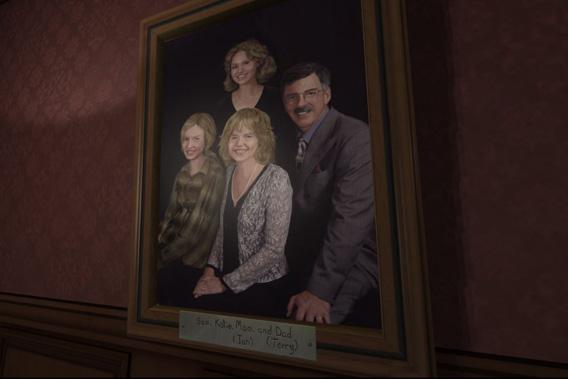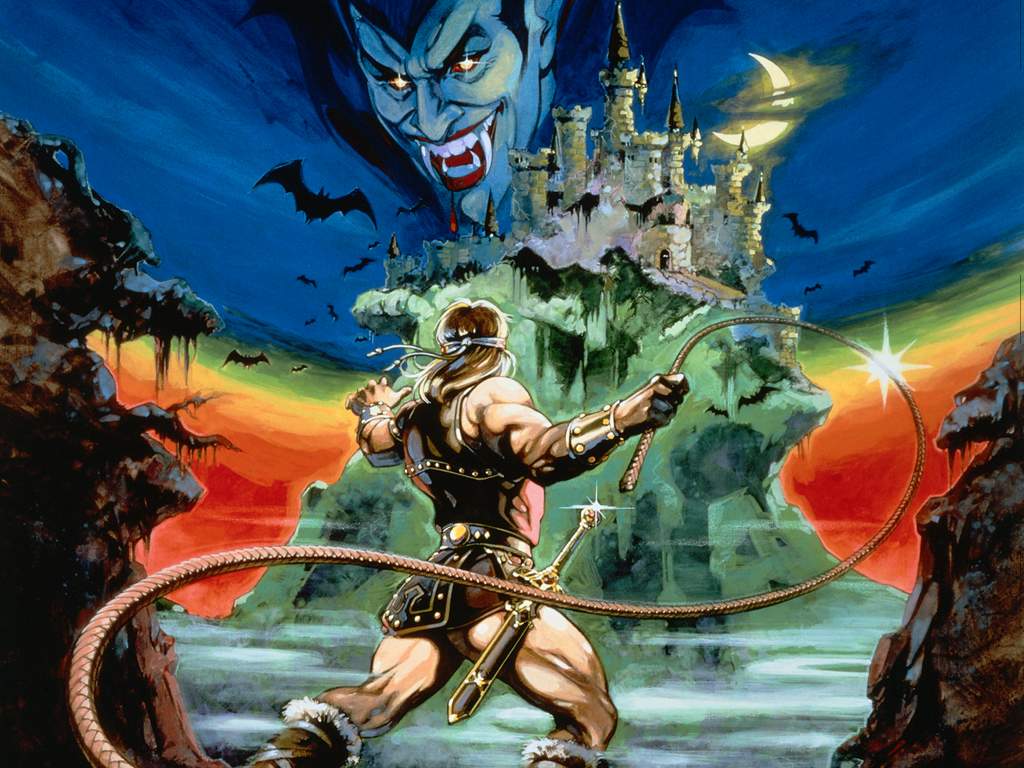Hey there, people. I've been experiencing writers block lately, which means it's time for a random babble of a post.
I put four hours into the Stanley Parable, which I devoured like a great novel. That game is so great. I think I've about exhausted the narrative. And I really wish there was more. I worry about redundancy and over-marketing, but I would happily play a sequel to the Stanley Parable, and happily play through the games themes and methods again and again until they become tired.
I also want to mention that the Stanley Parable does a lot in terms of video games as art. Thinking of Roger Ebert's famous dissing of video games as being devoid of artistic intent, the Stanley Parable plays with choice, and futility in a very special way. Even though the Stanley Parable is like a choose your own adventure book, the fact that it is a video game, and not a book, goes a long way for my sense of immersion. I love the way a good book immerses me, but the illusion of choice present in a video game is used very well in the Stanley Parable. I really think it qualifies as a work of art, and as a unique one.
On a different note, I've been volunteering a local thrift store lately. Also at the bicycle repair co-op and the food co-op. Good times. I really like the thrift store - I'm in the book room. I love books! I love going through them, it's easy! There is a TON of turnover in the book department, and we have to give away boxes full of books every day (and we receive at least as many every day). It can be heart-wrenching getting rid of some of them, and I do my best to save the ones I think really deserve to stick around. I think that I can do a lot of good there.
The books that we see the most of are Self-Help/Health Books, biographies and thrillers. These books tend to be in great condition, as though they were only read once, or even never read at all. Often times they are heavy slabs of pages and take up lots of space on the shelf. I guess that the biographies are often bought as gifts, and generally bulky books are inconvenient to read and to store.
Umm, in further stuff, I've started watching a show called 'Lost Girl.' This Canadian show seems like a resident of the house that Buffy built. A Faerie underworld full of people who feed on humans and have special powers. The lead character is a succubus who feeds on sexual energy, leading to a healthy dose of fun sexy times. But like any good show, what makes it good is the characters. My favorites are Kenzi, Hale and Trick. And the Morrigan.
Oh, also, today we got rain in Northern California. First time in, idunno, sixty days? This summer we had seven days in a row over 105 degrees, and in December we had seven days in a row below 32. These were both records for this area.
And that's all the news fit to print.
-D























